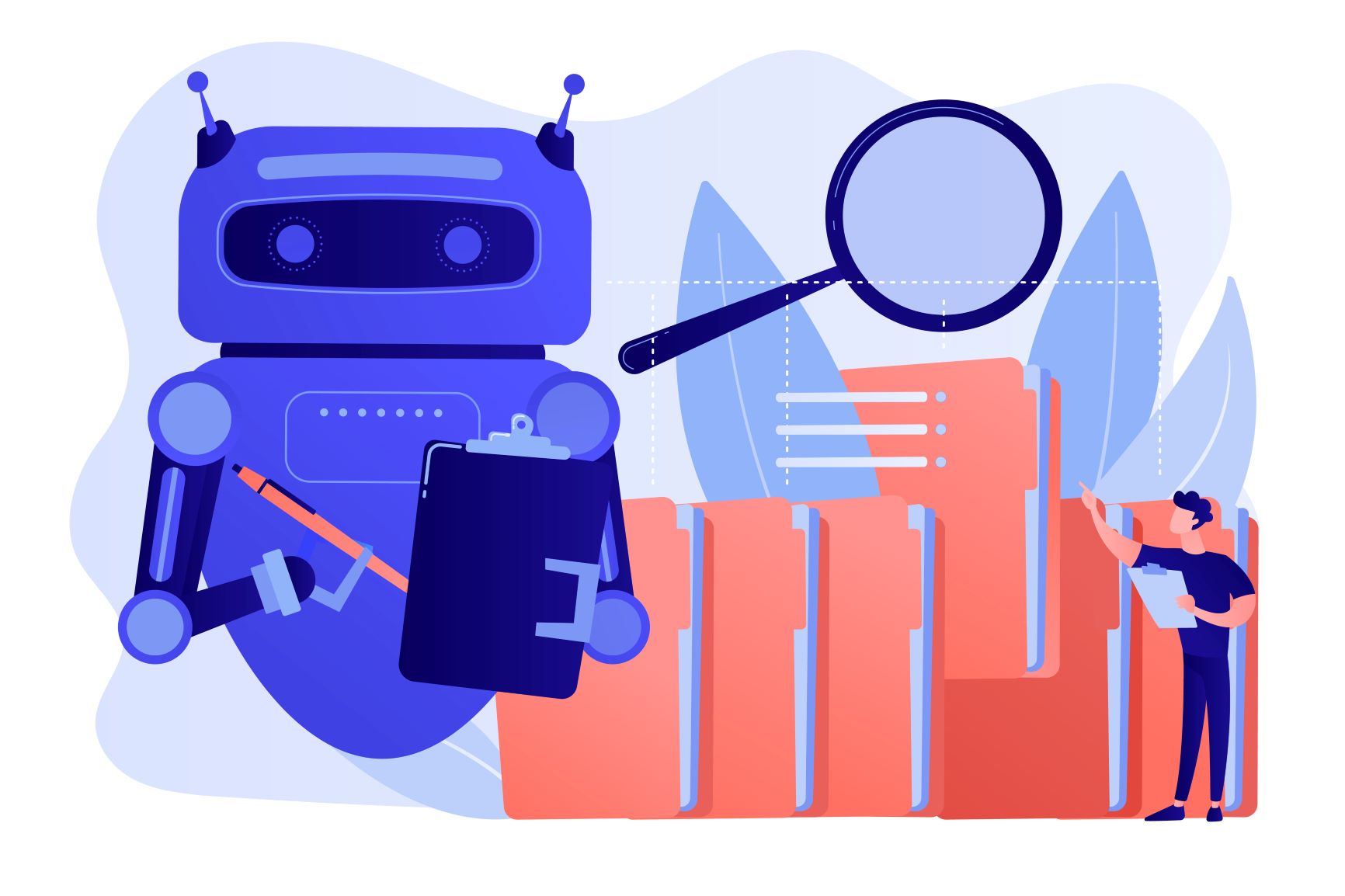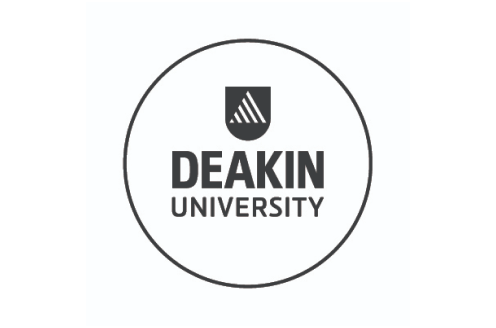Feature Engineering
Learn feature engineering from basics in this free online training. This course is taught hands-on by experts. Learn about goal of feature engineering and its process in details. Best for beginners. Enroll for free now!

Ratings
Level
Learning hours
Learners
Skills you’ll Learn
About this course
Understanding what parameters or features has what level of impact on the solution to a Machine Learning problem statement is key. If the talk is about using machine learning to solve a problem, then providing the algorithm with high-quality features is what makes the difference between a raw machine learning model and a very well-optimized one. Feature engineering is the most critical aspect of working with data and helping the machine understand the same. This is a skill that all analysts, data scientists, and machine learning engineers must possess. Now, keeping exactly this in mind, we have come up with this course on Feature Engineering to get you all started with the same. The instructor will also be covering a hands-on demonstration with an ample amount of examples to help concrete your understanding.
Course Outline
 UPGRADE
UPGRADE
Recommended university programs
What our learners enjoyed the most
Skill & tools
64% of learners found all the desired skills & tools
Frequently Asked Questions
Will I receive a certificate upon completing this free course?
Is this course free?
What is a Feature Engineering Example?
The most common Feature Engineering example is continuous data like the price of some products, coordinates of some object on the map, or the temperature of some industrial processes. You can also take examples of domain data, categorical data, etc.
What does Feature Engineering include?
Feature Engineering involves the creation, transformation, extraction, and selection of the features. These features are also known as variables, and these features help create an accurate Machine Learning Algorithm.
What is the purpose of Feature Engineering?
Feature Engineering enhances the Machine Learning processes and helps in increasing the predictive power of these Machine Learning algorithms. This is achieved by creating the features from the raw data.
Other Data Science tutorials for you
Feature Engineering
Feature Engineering is considered an informal concept yet one of the crucial concepts that are key to successful applied Machine Learning. It is seen that the features you use are the ones that directly impact the predictive models you utilize and their outcomes. Thus, choosing and using these features wisely is always better, which directly influences the results. The results you get depend on the features you choose, the available data sets, and the model you choose. Accuracy plays an important role here. Whatever may be the situation while you run your experiment, the result is always measured based on its accuracy, and the results you try and get depend on many intermediate factors.
To describe the structure inherent in your data, you need to get hold of great features. The better features you choose, the better flexibility you get. Sometimes you may come across the wrong models, but still, there are chances of achieving good results. Most models are capable of picking up on good structure in data. The better features you choose will result in more flexibility, allowing you to choose less complex models. These models are easy to run, understand, and easier to maintain. These are the features one desires while working with their model. Better features directly influence the flexibility of the model. Better features also mean simpler models. While playing with the wrong parameters and well-engineered features, you can still achieve good results due to the better features you choose.
With better features, even with the simpler models, you will be able to get good results. It means you do not have to worry and work as hard to pick the right models and the most optimized parameters. With the good features chosen you will be able to get good results. You can use the simpler models that help you bring good results by introducing the best features. It is known that Machine Learning algorithms learn their solution with the help of sample data. In terms of Feature Engineering, your focus should be on the best representation of the sample data that solves your problem. Machine Learning to Artificial Intelligence all depends on the result of the solution for your problem. It all comes back to the representation of the problem. Feature Engineering for Machine Learning has proven to be beneficial with time.
Feature Engineering is often referred to as an art that allows for enhancement of the Machine Learning approaches. Feature Engineering Machine Learning tactics are a form of art that must be learned to enhance performances. There are well-defined processes that are systematic, understandable, and provable. Variables are the data introduced and are always different every time. With the appropriate practice, you will be able to choose the proper procedures for the problems, and these practices include programming, etc. This applies to engineering, programming, medicine, and Machine Learning in general.
The feature can be defined as a helpful attribute for the modeling task. The tabular data introduced is described in terms of instances or observations (rows) that are created with the help of attributes or variables (columns). An attribute can also be considered as a feature. If we see from a problem’s point of view, the idea of a feature may appear separate from an attribute. An attribute becomes the best feature when it is used to your problem. It is a crucial part of observation to learn about the structure of the problem that is being modeled. There are always some valuable features in achieving a better solution to your problem. There are no concepts known as non-meaningful features as every feature contributes to your problem.
For example, an image can be an observation in image processing, whereas a feature is a line in that image. Similarly, a document in NLP can be an observation, and a phrase or the word count can be a feature. You can always objectively estimate the usefulness of features. Features can be allocated with scores and then can be arranged according to their scores. The features with high scores can be considered for the involvement in training the data set. The remaining low score features can be ignored. As already read, the better the features, the better the solution. Feature Engineering can be achieved by implementing it with the help of the Python programming language. For Feature Engineering, Python language is the best option as many data scientists prefer it the same way.
Feature Engineering and selection of the appropriate features go hand in hand. With better choices of features, you will be able to reach optimal solutions. You can get familiar with the mechanism of Feature Engineering by going through many Feature Engineering examples. By going through those examples, you will better understand Feature engineering. Feature Engineering involves the creation, transformation, extraction, and selection of the features. Some of the critical Feature Engineering techniques include Imputation, Discretization, Categorical Encoding, Feature Splitting, Handling Outliers, Variable Transformations, Scaling, and Creating Features.
To get brief on Feature Engineering, its techniques, processes, and mechanism, enroll in Great Learning’s free Feature Engineering course. Complete the modules provided and secure free Feature Engineering certificate. Enroll today and get your certificate which will help you grab better job opportunities in Feature Engineering.







































